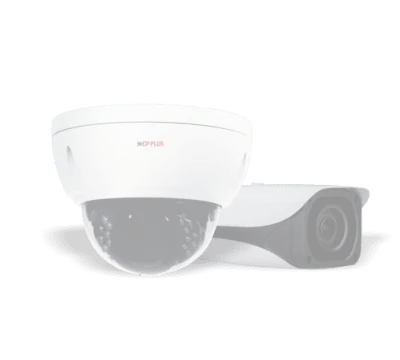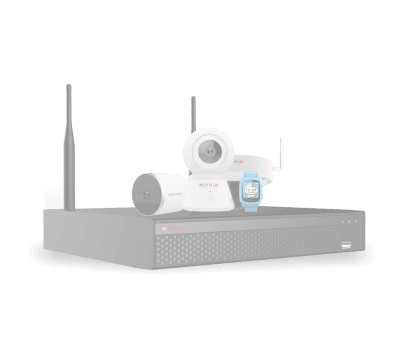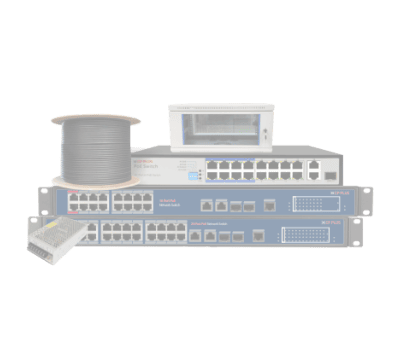- Home
-
Products
Product Categories
- Network Camera
- Network Video Recorder (NVR)
- Analog HD Camera
- Digital Video Recorder (DVR)
-
Online Products
Sub Categories
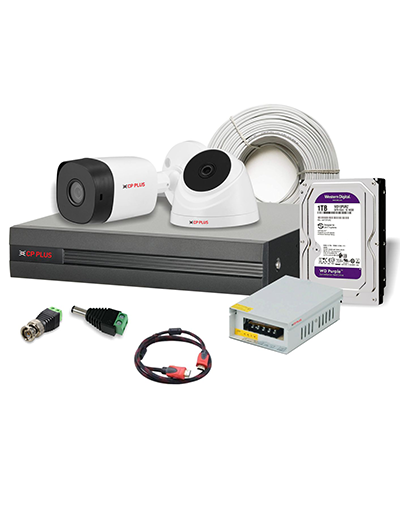
- illumax
-
Guard+
Sub Categories
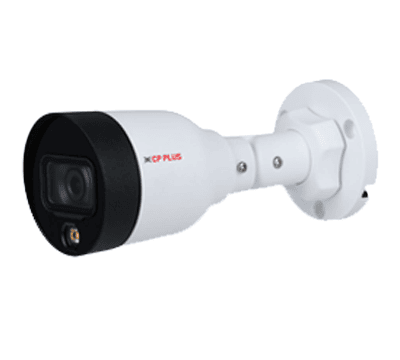
-
CarKam
Sub Categories

-
Speed Dome(PTZ)
Sub Categories

- EzyHome
-
4G Router
Sub Categories

- Locks
-
Video Door Phones
Sub Categories

-
Time & Attendance
Sub Categories

- Mobile Surveillance
-
Storage
Sub Categories
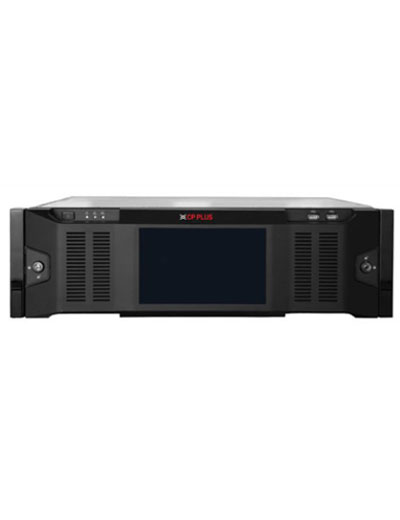
- Switches
-
Memory
Sub Categories

- Interactive Display
- Accessories
-
Marketing
Channel MarketingCorporate MarketingOthers
- Solutions
- Support
- Training
- Partner Connect
- Contact Us
-
CP PLUS: STQC-Certified Security Innovations for the New Bharat

CP PLUS: STQC-Certified Security Innovations for the New Bharat
In a defining move that signals the rise of a more secure, self-reliant, and quality-assured surveillance ecosystem, the Ministry of Electronics and Information Technology (MeitY) has introduced a new compliance requirement for the CCTV industry in India. As per the official gazette notification dated April 9, 2024, MeitY has made STQC certification mandatory for all CCTV cameras - whether manufactured, imported, or sold across the country.
This change falls under the updated Electronics and Information Technology Goods (Compulsory Registration) Order, 2021, and mandates compliance with Essential Requirements (ERs) and BIS certification (IS 13252 Part 1). All non-compliant models will be barred from sale or distribution post April 9, 2025.
The decision marks a pivotal shift in India’s approach toward surveillance technology, one that reinforces national security, data privacy, cybersecurity resilience, and consumer trust.
Understanding STQC: The New Quality Gatekeeper for CCTV
Standardisation Testing and Quality Certification (STQC) is a set of quality assurance frameworks developed by MeitY. STQC focuses on rigorous technical validation to ensure electronics, especially security and surveillance equipment, meet defined standards of safety, reliability, and performance. It goes beyond functional efficiency and delves deep into the core of cybersecurity, hardware resilience, and data protection protocols.
STQC certification for CCTV cameras demands comprehensive testing of encryption mechanisms, firmware integrity, secure communication protocols, and physical robustness, setting a new benchmark for surveillance products in India.
Key Provisions of the Mandate
- Universal Applicability: All analog, IP, and speed dome cameras must obtain STQC certification under IS 13252-1 (IEC 60950-1) standard.
- Cybersecurity by Design: Every certified product must comply with stringent ERs, including:
- Secure communication via TLS/HTTPS
- Enforcement of strong, unique passwords
- Disabling of debugging/test ports in shipped devices
- Uniformity in firmware versioning and patch management
- Secure communication via TLS/HTTPS
- Tamper-Resistance & Physical Security:
- Devices must feature secure enclosures
- Physical ports must be access-controlled or locked
- External interfaces must be designed to deter unauthorized access
- Devices must feature secure enclosures
- Certification Deadline: Effective from April 9, 2025, all non-certified models will:
- Be removed from the BIS license databases
- Be ineligible for new model approvals
- Face prohibition from manufacturing, sales, or imports within India
- Be removed from the BIS license databases
A Boost for Atmanirbhar Bharat & Indigenous Innovation
The STQC mandate is not just a regulatory milestone; it is a strategic enabler of India’s 'Atmanirbhar Bharat' vision. By enforcing stringent quality and cybersecurity parameters within the national ecosystem, the regulation actively discourages substandard, foreign-dumped products and opens new doors for domestic manufacturers and indigenous innovations.
For Indian brands, the path forward is not just about compliance, but about leading with conviction, capability, and country-first commitment.
CP PLUS: At the Forefront of India’s Secure Surveillance Revolution
India’s leading surveillance brand, CP PLUS, has long believed that surveillance is not just about watching - it’s about protecting, preventing, and preserving. With a well-established ecosystem of design, development, and manufacturing facilities in India, CP PLUS is uniquely positioned to meet and exceed STQC standards.
Having already invested significantly in R&D, firmware security frameworks, and hardware hardening protocols, CP PLUS is fully equipped to align its product portfolio, including IP cameras, analog cameras, PTZ solutions, and smart edge devices, with the new STQC requirements.
From encryption standards embedded into every transmission to physical designs engineered for tamper resistance, CP PLUS products are built with a vision to offer trustworthy, high-integrity surveillance for every Indian household, institution, enterprise, and government body.
This proactive compliance readiness, backed by decades of market leadership, positions CP PLUS not just as a manufacturer but as a national partner in security sovereignty.
Impact on the Surveillance Ecosystem
The introduction of STQC compliance brings with it significant ramifications, some challenging, but many promising, for the surveillance industry at large:
Enhanced Security and Trust - With encrypted data transfers, consistent firmware, and tamper-proof designs becoming mandatory, consumers and institutions can trust their surveillance systems like never before.
Operational Challenges for Some Manufacturers - The path to compliance is not without its hurdles. From obtaining testing approvals to updating legacy firmware, and from redesigning physical components to aligning supply chains, the industry must prepare for transformation at all levels.
Supply Chain Realignment - Manufacturers relying on imported, non-compliant components may face disruptions. India-based supply chains, however, will benefit from renewed focus and investments.
A Rise in Standardization and Benchmarking - The move encourages surveillance systems to be assessed on standardized parameters - enabling fair comparison, consistent performance expectations, and better buyer awareness.
The Way Forward: Standardised, Secure & Sovereign
India’s move to mandate STQC certification for CCTV cameras is more than regulatory enforcement, it is a declaration of security independence and consumer dignity. In an age where surveillance systems can be the first line of defense against everything from local crime to cyber intrusion, ensuring that every device is secure by design is not just prudent, it is essential.
By championing this regulation, MeitY has created a model for proactive, pre-emptive cybersecurity governance, one that puts India in the global spotlight as a nation where digital trust is engineered into every device.
And with brands like CP PLUS leading the way, the future of surveillance in India looks indigenized, intelligent, and impregnable.
Latest News
-

CP PLUS Sweeps Industry Accolades with Four Prestigious Awards in June 2025, Cementing its Leadership in Surveillance Innovation
-

CP PLUS CTC Technology: Pioneering a New Standard for Cyber-Secure Surveillance in Bharat
-

CP PLUS Leads the Security Revolution for a Safer, Smarter Bharat with India’s Largest Range of STQC-Certified Surveillance Systems
-

From RailTrans to Chennai Safe City Summit: CP PLUS Amplifies Its Vision of Safer India Through Strategic Presence at Premier Events
-

Securing the Future, One Forum at a Time: CP PLUS Marks a Strong Presence Across India’s Premier Security & Innovation Events in July 2025
-

CP PLUS on the Mission to Secure Bharat with India’s Largest Range of STQC-Certified Surveillance Systems
-

A Month of Glory: CP PLUS Shines Bright with a String of Prestigious Awards in July 2025
-

CP PLUS: STQC-Certified Security Innovations for the New Bharat
-

CP PLUS Unveils Ingenious & Inventive CTC Technology: Ushering in a New Era of Cyber-Secure Surveillance
-

STQC Certification: How CP PLUS is Raising the Bar for Surveillance in India.
-

STQC-Certified CP PLUS Powers India’s Move towards Trusted Surveillance.
-

CP PLUS’ Founder Mr. Aditya Khemka Honored with the Pioneer in Surveillance Industry Award at the Viksit Delhi Summit & Awards
 International. All Rights Reserved.
International. All Rights Reserved.



